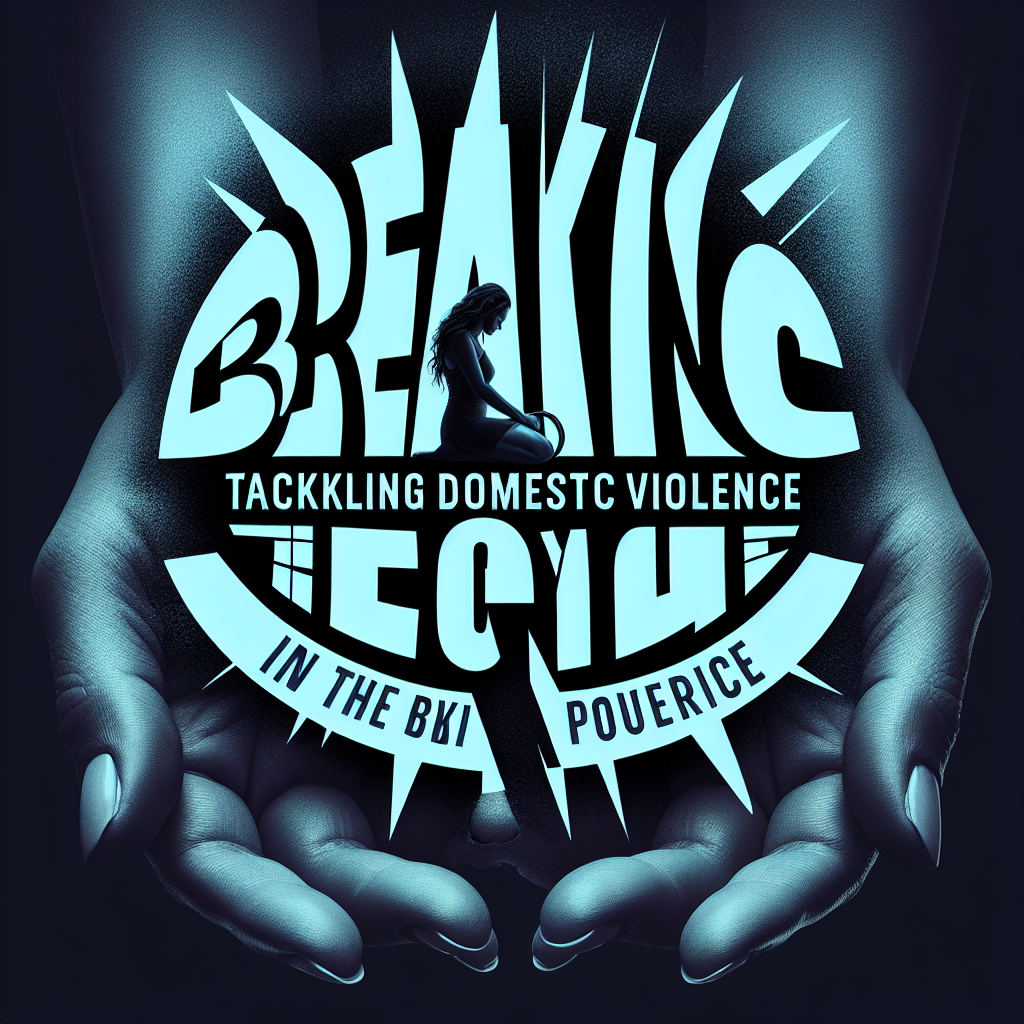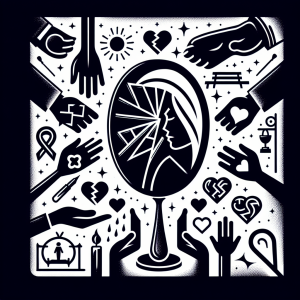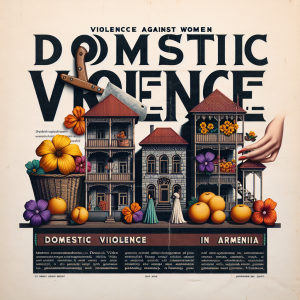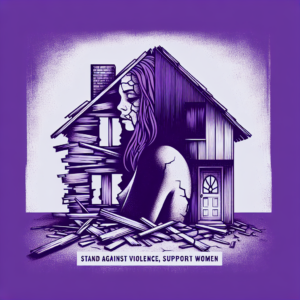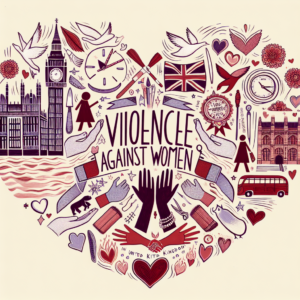Domestic violence is a pervasive issue that affects individuals and families across the world, including the United Kingdom. Breaking the cycle of domestic violence is crucial in order to protect victims and prevent future harm. In this article, we will explore the various aspects of domestic violence in the UK and discuss ways in which this cycle can be tackled and ultimately broken.
Understanding Domestic Violence in the UK
Domestic violence is defined as any incident or pattern of controlling, coercive, threatening, violent behavior, or abuse between intimate partners or family members. In the UK, domestic violence affects people of all ages, genders, sexual orientations, and socioeconomic backgrounds. According to the Office for National Statistics (ONS), an estimated 2.4 million adults aged 16 to 74 experienced domestic abuse in England and Wales in the year ending March 2020. Domestic violence can take many forms, including physical, emotional, sexual, and financial abuse.
Factors Contributing to Domestic Violence
There are various factors that contribute to domestic violence in the UK, including:
Gender inequality and traditional gender roles
Socioeconomic disparities
Mental health issues
Substance abuse
Lack of awareness and education about healthy relationships
Cultural beliefs and norms that condone or enable abusive behavior
Breaking the Cycle of Domestic Violence
Breaking the cycle of domestic violence requires a multi-faceted approach that addresses the root causes of this issue. Here are some strategies that can be implemented:
1. Education and Awareness: Providing education and raising awareness about domestic violence, its impact, and available resources is essential in breaking the cycle of abuse. This includes educating young people about healthy relationships and consent.
2. Support Services: Ensuring that victims of domestic violence have access to safe housing, counseling, legal support, and other resources can help break the cycle of abuse and empower survivors to seek help.
3. Legal Reforms: Enforcing existing laws and implementing new legislation to protect victims of domestic violence and hold perpetrators accountable is crucial in breaking the cycle of abuse.
4. Community Engagement: Engaging communities in discussions about domestic violence, challenging harmful beliefs and stereotypes, and fostering support networks can help break the cycle of abuse.
Quotes on Tackling Domestic Violence
Here are some powerful quotes from notable writers on the importance of tackling domestic violence:
“There is no excuse for domestic violence, and there is never an excuse for not trying to prevent it.” – Fiona Phillips
“The only way to stop domestic violence is to speak out. Silence is not a solution.” – Andrea Brown
“Breaking the cycle of domestic violence begins with each of us. We must all take a stand against abuse and support those who are affected.” – Emily Wilson
The Impact of Domestic Violence on Children
Children who witness domestic violence are also impacted by the abuse, even if they are not the direct victims. Research shows that children exposed to domestic violence are at higher risk for a range of negative outcomes, including emotional and behavioral problems, academic difficulties, and future relationship issues. Breaking the cycle of domestic violence is essential for protecting children and preventing intergenerational transmission of abuse.
Conclusion
Domestic violence is a complex and pervasive issue that requires a concerted effort to address and overcome. By understanding the root causes of domestic violence, raising awareness, providing support services, enacting legal reforms, and engaging communities, we can work towards breaking the cycle of abuse in the UK. It is crucial that we all take a stand against domestic violence and support survivors in their journey towards healing and empowerment. Let’s work together to create a safer and more just society for all.
domestic violence in uk
Write a story about a young girl who discovers she has magical powers on her sixteenth birthday.



